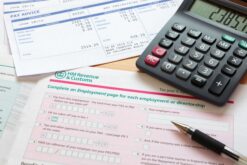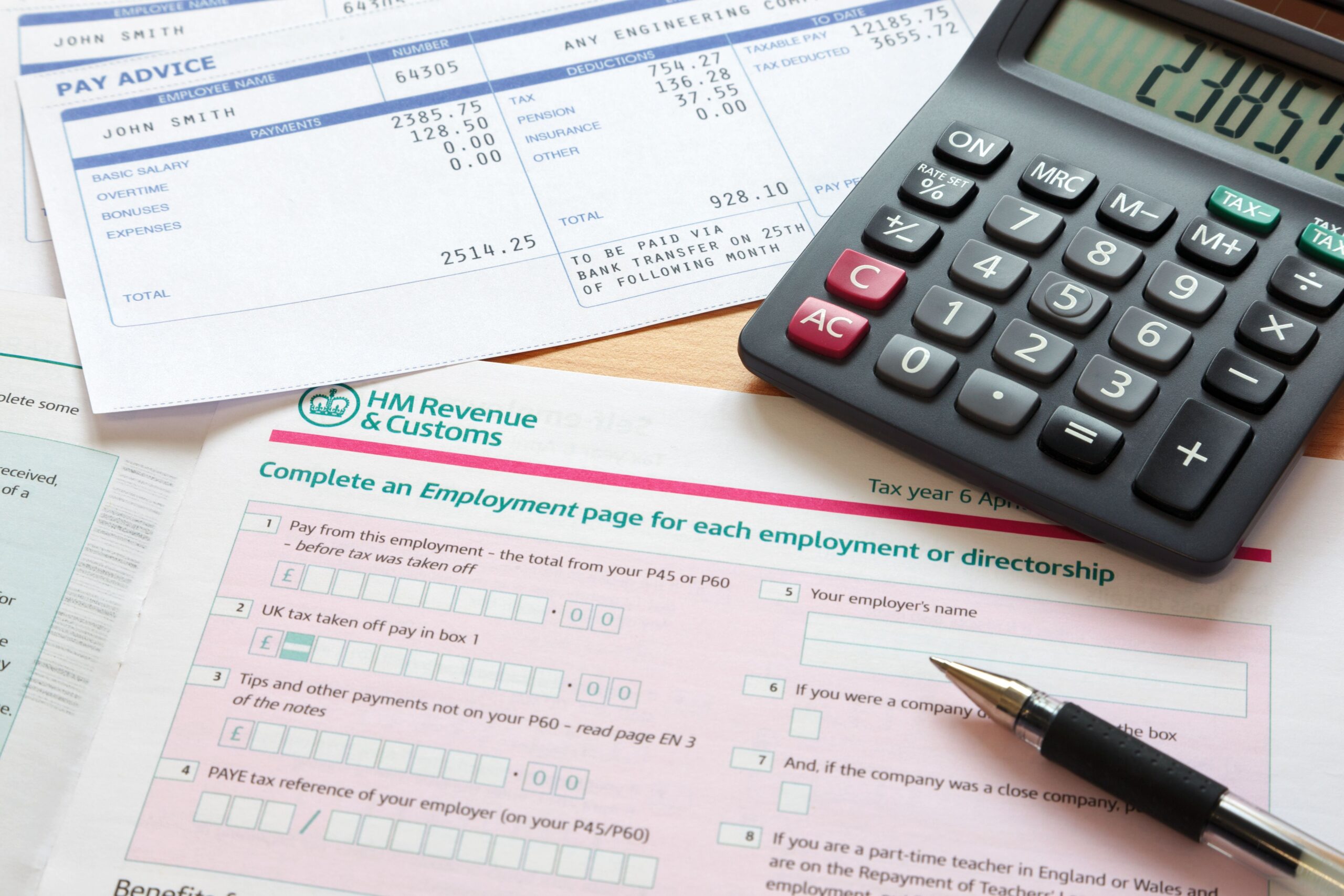
Outstanding tax debts that you owe to HMRC can go into an IVA. They are treated the same as any other debt and written off once your Arrangement is completed.
Included in this article:
- Are you allowed to put HMRC debt in an IVA?
- How can you find out what tax you owe?
- What if you are a home owner?
- What happens if you get a tax bill from HMRC during your IVA?
Want help to start an IVA?
Give us a call: 0800 011 4712 or complete the form below to speak to one of our experts
Are you allowed to put HMRC debt in an IVA?
If you are struggling with HMRC debt, an IVA can help. Personal outstanding tax such as self assessment arrears can be included.
Personal tax debts can be put into the Arrangement in exactly the same way as any other unsecured debts you owe.
If fact, the IVA solution was originally designed to help people who might owe money to HMRC. As such it is an ideal solution if you are self employed or a company director.
HMRC will often accept an IVA proposal even if they have already threatened to make you bankrupt. It is not too late to get help even at this stage.
How can you find out what tax you owe?
Before starting your IVA, you need to understand how much you owe to HMRC. You will need to check any collection letters you have received which record your historical tax debts.
In addition, you will need to make sure you have completed and submitted your latest tax return.
This may seem confusing. You do not normally submit your most recent return to HMRC until the December or January following the end of the last tax year (the previous April). However, if you are going to do an IVA, you need to get this return done before your proposal can be submitted.
The reason you have to do this is so that any tax that will become due by next January can also be included in your IVA and written off.
If you have not submitted any tax returns for a number of years, these have to be brought up to date so all the tax you owe can be included in your IVA. If you will struggle to do this, contact us for more advice.
What if you are a home owner?
Adding your tax debt to an IVA can be more difficult if you’re a home owner. The main issue is what HMRC will ask you to pay in regards to your share of any equity in your property.
Before they accept your IVA, HMRC will usually demand that a cash lump sum equivalent to your equity is paid into the agreement.
They will normally say this has to happen by the end of the 2nd year of the agreement. A third party can pay the required sum but where this is not possible you may have to sell your home.
Clearly, this type of condition would cause a big problem if the amount of equity you have is significant and is unlikely to be acceptable.
Demands made by HMRC could be ignored if the total amount you owe them is relatively small compared to the other debt you owe. If their debt is 20% or less than the total, your IVA could be agreed without having to accept any HMRC conditions.
As part of your IVA proposal process, you will normally need to prove the amount of equity in your property with a valuation from a local estate agent.
What if you get a new tax bill from HMRC during your IVA?
Your IVA is likely to last 5-6 years (unless it is settled early). During this time, you must continue to submit your tax returns as normal. You have to pay any tax due by the 31st January each year.
As you work during your IVA, you will be responsible for paying any new tax bills that become due. This new debt is not automatically written off.
Given this, it is critical you put sufficient funds aside each month to pay any new tax debt. If you don’t, and you end up owing more money to HMRC, it is very unlikely that this can then be added to your IVA.
HMRC will probably refuse to add any additional debt you get into with them to your Arrangement. This will have to be paid or they are likely to take legal action against you. This will then put the whole Arrangement at risk.
Struggling with HMRC tax debt? Give us a call (0800 011 4712) or complete the form below. The advice is free and confidential.


